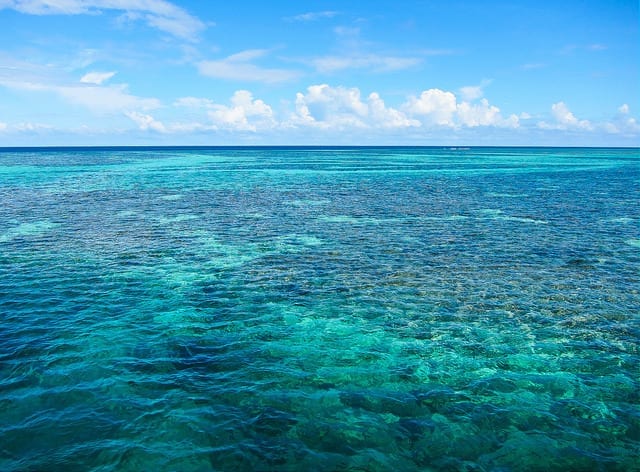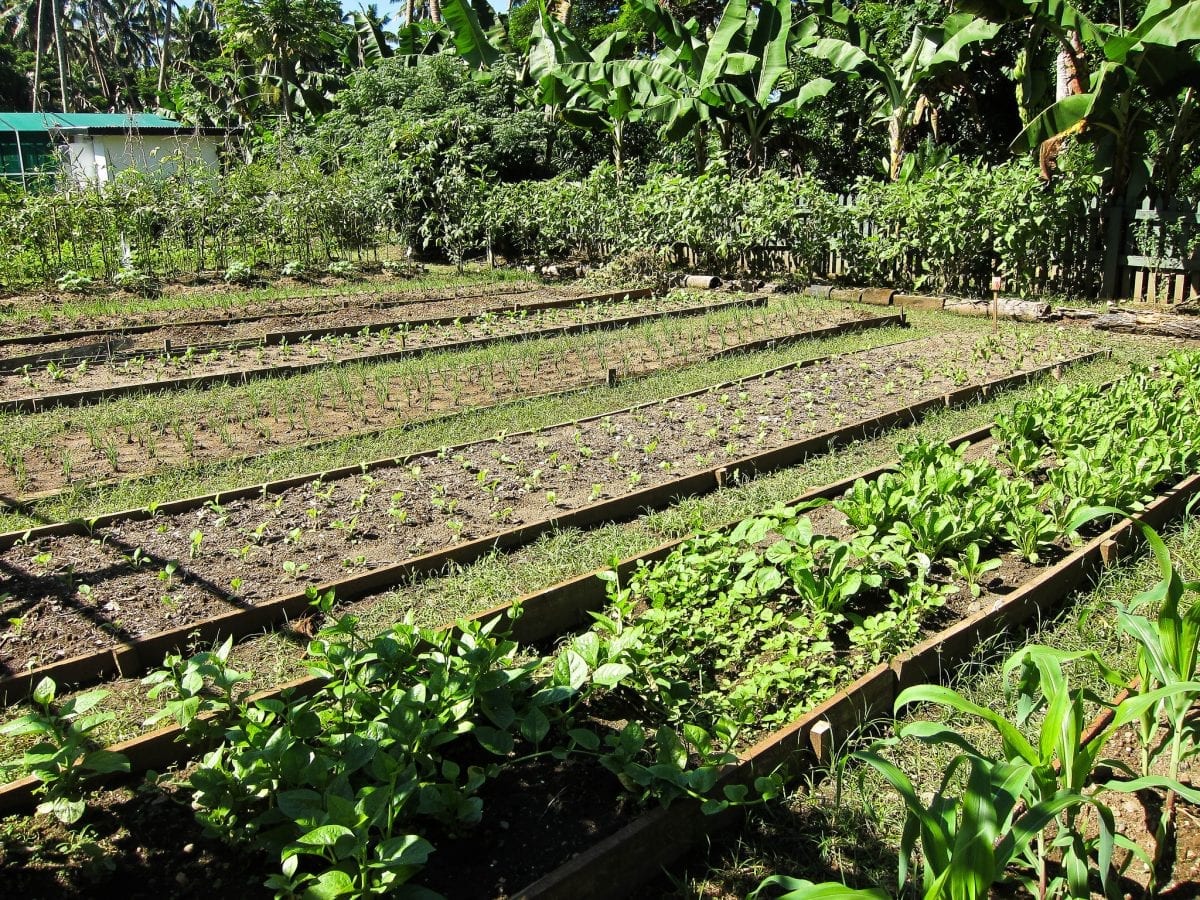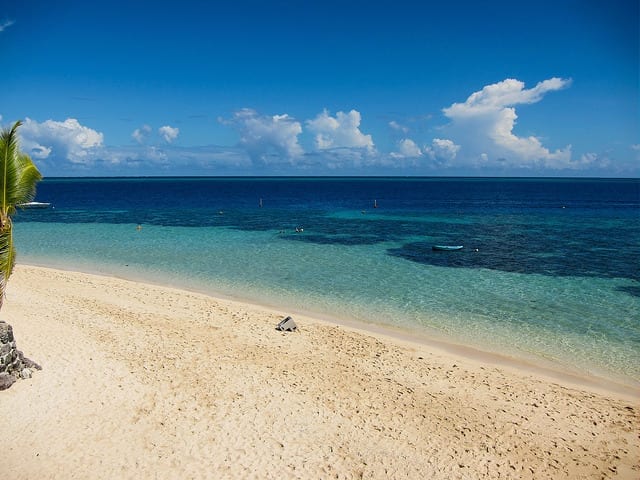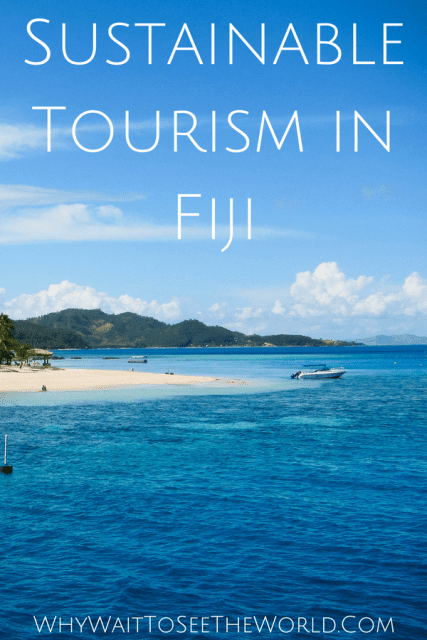Tourism in Fiji is a major and essential industry. It makes up 25% of the country’s economy and that number is rising quickly (in comparison tourism is only 6.7% of Thailand’s economy). It’s a number that is quickly rising. Tourists bring in money and jobs but they can also mean disaster if not handled correctly. All over the world, you can see areas that tourism has hurt more then it helped.
Fiji is different though. The government and business owners in Fiji work really hard to keep tourism in Fiji sustainable and still profitable.
A few things going on in Fiji right now:

Contents
Marine Protected Areas
In Fiji, there are over 170 marine protected areas that shelter brilliant coral reefs and tropical fish. This is why Fiji has some of the greatest snorkeling in the world (probably diving too, but I like to stick to the surface).
What makes the MPAs unique in Fiji is that they are managed and protected by individual nearby villages. They work together to restrict fishing, diving, and other activities. By protecting these areas the villages are also protecting their livelihoods by keeping fishing sustainable and plentiful and providing more tourism-related jobs.

Eco-Resorts
Environmentally friendly resorts are becoming more popular in general, but in Fiji, they are a big business. We had a chance to stay at Jean-Michel Cousteau Fiji Islands Resort (Jean-Michel is the son of Jacque Cousteau), which is Fiji’s number one eco-resort and has won dozens of awards for its sustainability initiatives.
Despite being a family-friendly luxury hotel, JMC does a lot to minimize it’s environmental impact and maximize community benefits. They grow much of their food organically on site, importing as little as possible. They offer a variety of eco-friendly activities and even have a marine biologist on staff!
JMC also gives back to the community. Nearly all of the employees come from the nearby village of Nukubakalavu. The resort partners with the village, arranging visits, allowing vendors to come to the resort to sell their wares and helping with community development. Once a year the resort flies in a fleet of doctors, puts them up for free and sends them out to treat the locals for ailments that the local hospital isn’t equipped for.

Keeping Business Local
Tourism can be great for the local economy, but often in developing countries, it is expat entrepreneurs who are getting a large slice of the pie.
There are foreign company owners in Fiji as well but many of them seem to be working hard to give back to the community and not just line their pockets. Almost all of our guides and educators during our stay were Fijian as well as many of the resort managers and other higher ups we were able to meet. Tourism in Fiji has brought a lot of jobs, allowing many people to work hard and return to their native homes at night.
A great example is River’s Fiji with whom we went white water rafting. The company was started by whitewater experts from the United States who saw potential in Viti Levu’s beautiful canyons. They hired young men from local villages who grew up playing in the rivers, then trained them as guides. They work with local vendors, encourage sustainability and pay fees to the neighboring tribes who own the rivers.They are offering some of their more experienced guide higher education in the hopes they will take over the management side of the business as well. Their efforts have earned them 5 of Fiji’s “Excellence in Tourism Awards” for Environmental Tourism.

Hopefully, this stuff isn’t to dry for you guys. For me, learning about business practices and sustainable tourism in Fiji was a refreshing contrast from other places I’ve observed on my travels. I loved South East Asia but I could never quite shake my feeling of guilt there. Guilt that my very presence was making things worse, causing more pollution, more degradation of the population, just feeding into the problems of countries that have prostrated themselves for tourism. I didn’t feel that in Fiji.
Yes, it’s a poor country and 26% of the people live in poverty, which makes the idea of staying in a luxury resort feel pretty weird. But at least it’s using its huge tourism draw to grow in a sustainable and healthy way, and that just makes me feel great.
Pin for Later:
Special thanks to Tourism Fiji for inviting us to Fiji and covering our stay.
All opinions are my own.

